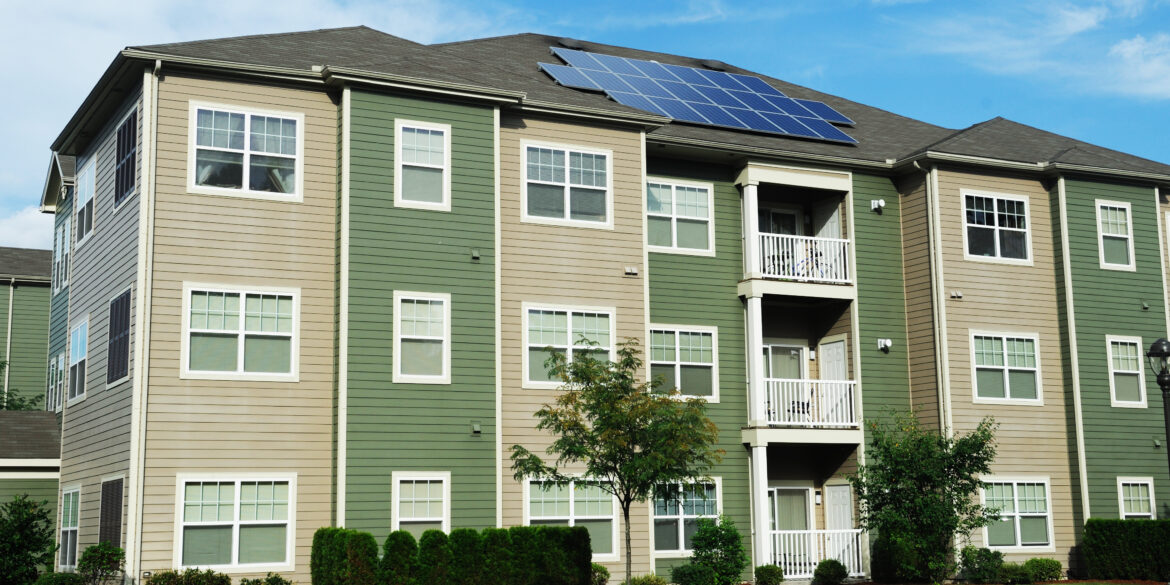The Solar for All initiative has awarded $7 billion in federal funding to states, cities, territories and tribes across the U.S. The funding is being used to design and implement solar programs that directly benefit communities, with a focus on low-income and disadvantaged groups.
Designing, implementing and reporting on these community-based programs presents significant challenges. Success requires collaboration and transparency. Fortunately, Clean Power Research® has been at the forefront of processing incentive and interconnection applications since 2006 through its workflow automation tool, PowerClerk®. Drawing on this extensive experience, we’ve identified some best practices to assist Solar for All program implementers.
Engage stakeholders in program development
Each new program involves various stakeholders, including direct benefactors, contractors, community-based organizations, utilities and administrative staff. It’s difficult to ensure that your programs meet everyone’s needs without overcomplicating the process.
To ensure success, programs should be designed to have an accessible process that creates a seamless experience. By including community members in the design process, you can address the user journey from each stakeholder’s perspective.
Create a digital application portal for enhanced visibility
With many stakeholders involved, it’s critical to establish a digital portal that provides visibility. This portal should have role-based access and handle application intake, review processes, construction tracking and project updates. Without such a tool, administrative staff may become overwhelmed with manually tracking projects and responding to status inquiries.
Automate the process and inform stakeholders
Each process step should have a clear outline of which stakeholders need to take action and which need to be informed. Map out the workflow from beginning to end and incorporate automated communications, deadlines with reminders and easy access to submit data. This reduces confusion, increases efficiency and leads to higher satisfaction levels.
Establish different tracks

Many Solar for All programs have divided their awards into sub-programs, distinguishing between multi-family, community and residential solar. Projects may vary in type, size and development stage.
Consider implementing a tiered approach in each program that allows you to review projects in a cluster and fast-track more developed ones. Add milestones within larger process steps, such as construction or design, to effectively track progress and provide incentive payouts along the way.
Screen for eligibility criteria
In Solar for All programs, a critical challenge will be ensuring the benefits reach the intended audience. It can be daunting to verify that recipients meet the stringent requirements, such as receiving a utility bill savings of 20% and are income qualified.
To address this, it’s essential to front-load your program with clear eligibility measures. This ensures that only qualified projects move forward, minimizing wasted effort and resources.
Programs can leverage Clean Power Research’s PowerBill® tool to ensure that benefactors achieve a minimum 20% savings on their utility bill. PowerBill can be integrated into the application and automatically screens the applicant.
Incorporate data requirements
Solar for All programs have a myriad of reporting requirements and evaluation metrics. To avoid being overwhelmed by data collection and reporting tasks, establish a solid data infrastructure from the start. This proactive approach saves time, allows you to make informed decisions, and quickly assess compliance and metrics.
For example, California’s $1 billion Solar on Multifamily Affordable Housing (SOMAH) Program requires at least 51% of the installed system be allocated to benefit tenants. This requirement directly relates to the utility interconnection process. Through intentional design, the SOMAH application has safeguards to ensure the minimum allocation threshold is met.
The SOMAH administration team is composed entirely of nonprofits, including the Center for Sustainable Energy® (CSE). CSE is a national nonprofit that accelerates effective and equitable adoption of clean transportation and distributed energy through program design and administration. CSE offers comprehensive program administration services to Solar for All awardees including design, implementation, reporting, evaluation and engagement.
How Clean Power Research can help
As awardees finalize plans to ensure well-conceived, well-executed programs, Clean Power Research and the Center for Sustainable Energy offer guidance based on nearly 50 years of combined experience designing, administering and creating programs and software for large-scale solar and energy storage initiatives nationwide.
Contact us or visit our website to learn more.
